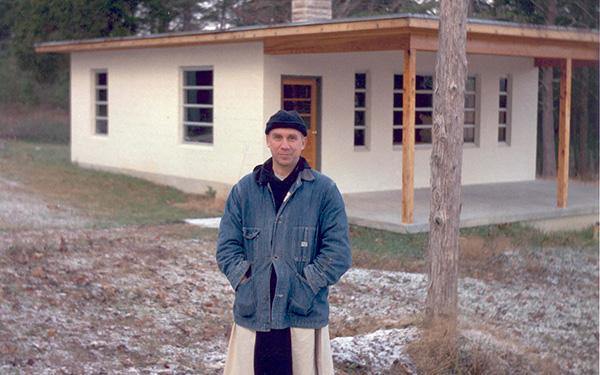
The Perfection of Every Created Thing by Thomas Merton
Fabrizio PiolaIn the meantime, Tu BeShvat has also arrived, the traditional Jewish holiday defined as "The New Year of the Trees" and recently - especially in Israel - associated for calendar reasons with the decadent and commercialized Valentine's Day.
Being able to contaminate what is clean, the perfection of every created thing, would seem to be one of the perverse rules on which civilization is founded.
As always, this holiday consoles me because I particularly love trees, which for me are always, every time, a reason for fascination and contact with the Mystery of Life.
Probably, as you can read in this series of excerpts from one of his books, Thomas Merton also perceived them this way. He passed away in 1968, while trying to screw in a faulty light bulb in Bangkok. But there was no circuit breaker.
Best friend of the current Dalai Lama , Thomas Merton is the only Catholic I not only respect, but consider a Master. And most likely a holy Tzadik sent to us from Heaven.
In his days there was not yet the policy of disseminating Kabbalah in its basic form to Gentiles, which essentially occurred by decision of the Hasidic rabbis and which began to manifest itself around 1983, otherwise Thomas Merton, I believe, would have spontaneously approached it just as he approached the ethical, pacifist and non-egoistic rigor of Buddhism.
I leave you with this reading today. I found it on a wonderful site, still in full functionality, which is http://www.lameditazionecomevia.it/
It was about 13 years ago if I'm not mistaken. And these pages changed my life. They confirmed to me that the path of Kabbalah is not alone. It expresses wisdom and values that totally transcend Judaism and are placed in a single flow that unites the Earth and the Sky in unconditional love without a name. It is called "The Splendor of everything Created". Yep. Everything is illuminated. And if we want, we can also be part of this light, letting go of the "I" to make room for "OURSELVES".
Let's continue reading from New Seeds of Contemplation by Thomas Merton:
"The only true joy on earth consists in escaping from the prison of our false self and uniting ourselves, through love, with the Life that dwells and sings in the essence of every creature and in the depths of our own soul. [...] Thus, while we are in the world, everything we encounter, everything we see, hear and touch, far from contaminating us, purifies us and sows in us a little more contemplation and heaven.
Lacking this perfection, created things do not give us joy, but pain. [...]
The anguish we find in them belongs to the disorder of our desire, which seeks in the object of our desire a greater reality than it actually possesses, a greater fullness than any created thing is capable of giving. [...] We always seek to adore ourselves in creatures.
But to worship our false self is to worship nothingness. And to worship nothingness is hell.[...]
A tree gives glory to God by being a tree. Because in being what God intends it to be, the tree obeys Him. It "allows," so to speak, for God's creative love. [...] So a tree imitates God by being a tree.
The more like itself the tree is, the more like God it is. If it tried to be like something God never intended it to be, it would become less like God and therefore bring Him less glory.
[...] The perfection of every created thing [...] is [...] in its individual identity with itself. This particular tree will give glory to God by extending its roots into the earth and raising its branches into the air and light as no other tree before or after has done or will do. [...]
Thus every particular being, in its individuality, in its concrete nature and entity, with all its particular characteristics and qualities and its inviolable identity, gives glory to God by being precisely what He wants it to be, here and now, in the circumstances arranged for it by His love and His infinite art. [...]

For me, holiness consists in being myself and for you, holiness consists in being yourself and, ultimately, your holiness will never be mine and mine will never be yours [...].
We can be true or false, the choice is up to us.
[...]
To become myself I must cease to be what I always thought I wanted to be, to find myself I must go out of myself, to live I must die.
Because I was born in selfishness and consequently all my natural efforts to make myself more real and more myself make me less real and less myself, since they all revolve around a lie. [...]
In humility is the greatest freedom. As long as you have to defend the imaginary self that you consider important, you lose peace of heart. [...] When humility frees man from attachment to his own works and reputation, he discovers that true joy is possible only when we forget ourselves completely. [...]
Be content with not yet being saints [...]. You will walk in darkness where you will no longer be interested in yourself and will no longer compare yourself with others.

Those who have walked this path have finally found that holiness is everywhere and that God surrounds them on all sides. Having given up the desire to compete with other men, they suddenly awaken and find that the glory of God is everywhere [...]: they have finally reached the point of accepting their own smallness and no longer caring about themselves. [...]

We must "empty ourselves" [...] reduce ourselves to nothing, [...] live drawing strength from an apparent void, which is always truly a void, but which does not fail to support us at every moment.
This is holiness.
And I cannot achieve this by my own effort" (pp. 36-37, 41-43, 57, 65-70).
Fr. Thomas Merton (1916-1968)

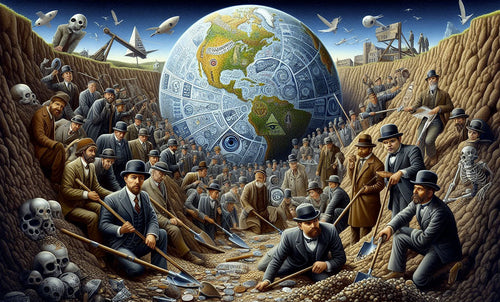


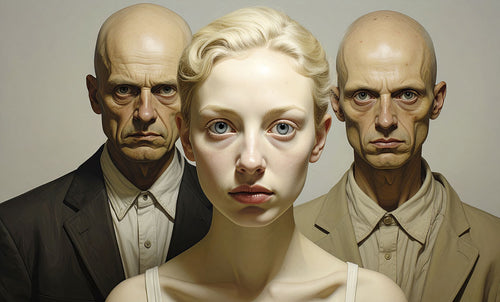
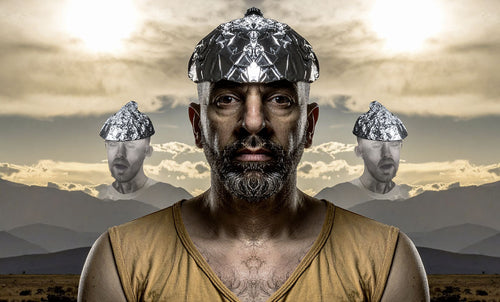
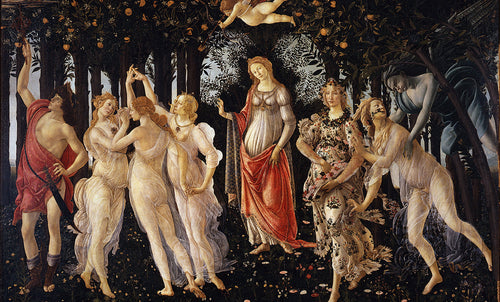
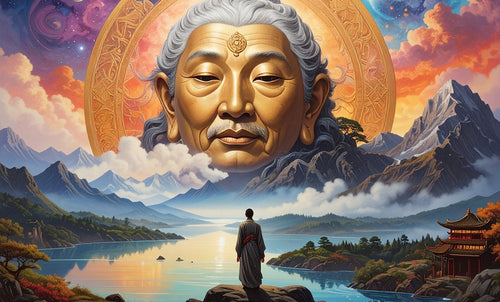







































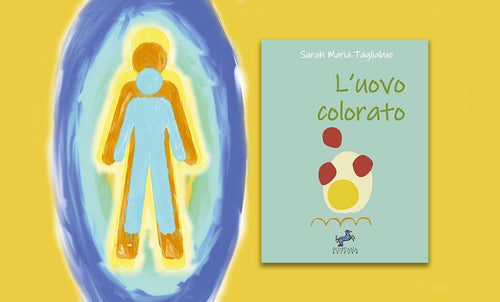

1 comment
Grazie per le gentili parole sul mio sito.
Un caro saluto, Gianfranco